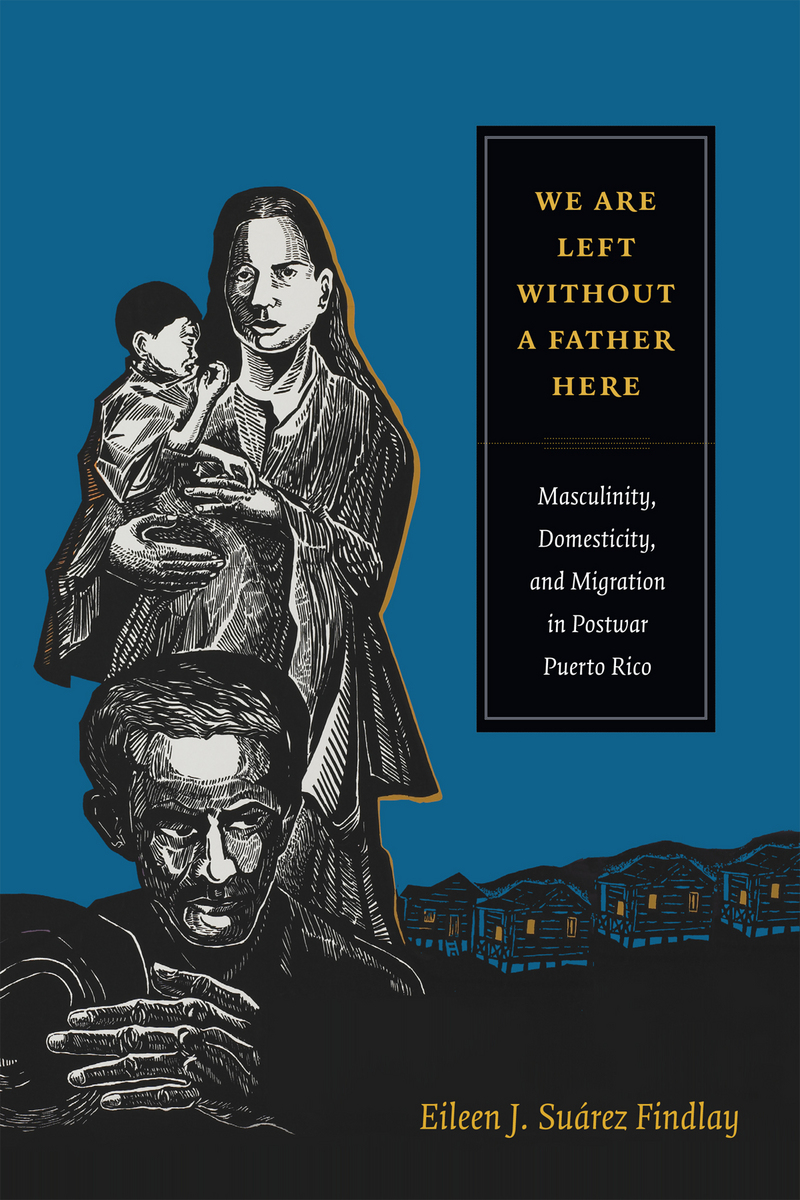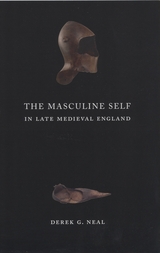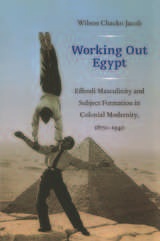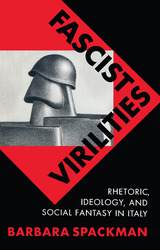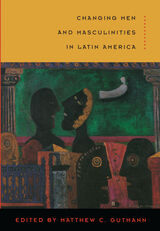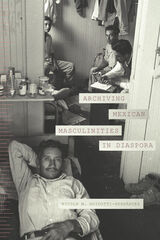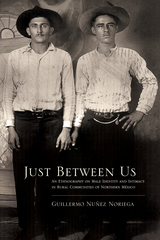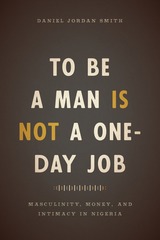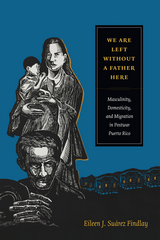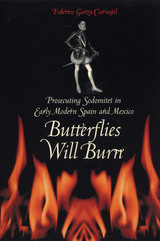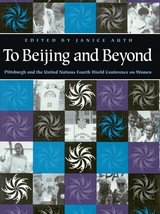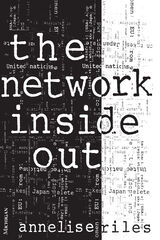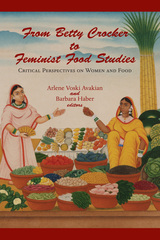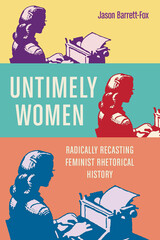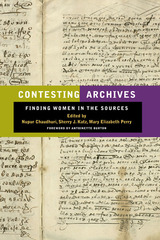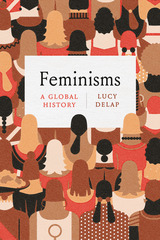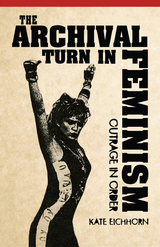We Are Left without a Father Here: Masculinity, Domesticity, and Migration in Postwar Puerto Rico
Duke University Press, 2015
eISBN: 978-0-8223-7611-8 | Paper: 978-0-8223-5782-7 | Cloth: 978-0-8223-5766-7
Library of Congress Classification HQ1090.7.P9F56 2014
See other books on: Masculinity | Migrant agricultural laborers | Migrant labor | Migration | Puerto Rico
See other titles from Duke University Press
eISBN: 978-0-8223-7611-8 | Paper: 978-0-8223-5782-7 | Cloth: 978-0-8223-5766-7
Library of Congress Classification HQ1090.7.P9F56 2014
ABOUT THIS BOOK | AUTHOR BIOGRAPHY | REVIEWS | TOC | REQUEST ACCESSIBLE FILE
ABOUT THIS BOOK
We Are Left without a Father Here is a transnational history of working people's struggles and a gendered analysis of populism and colonialism in mid-twentieth-century Puerto Rico. At its core are the thousands of agricultural workers who, at the behest of the Puerto Rican government, migrated to Michigan in 1950 to work in the state's sugar beet fields. The men expected to earn enough income to finally become successful breadwinners and fathers. To their dismay, the men encountered abysmal working conditions and pay. The migrant workers in Michigan and their wives in Puerto Rico soon exploded in protest. Chronicling the protests, the surprising alliances that they created, and the Puerto Rican government's response, Eileen J. Suárez Findlay explains that notions of fatherhood and domesticity were central to Puerto Rican populist politics. Patriarchal ideals shaped citizens' understandings of themselves, their relationship to Puerto Rican leaders and the state, as well as the meanings they ascribed to U.S. colonialism. Findlay argues that the motivations and strategies for transnational labor migrations, colonial policies, and worker solidarities are all deeply gendered.
See other books on: Masculinity | Migrant agricultural laborers | Migrant labor | Migration | Puerto Rico
See other titles from Duke University Press
